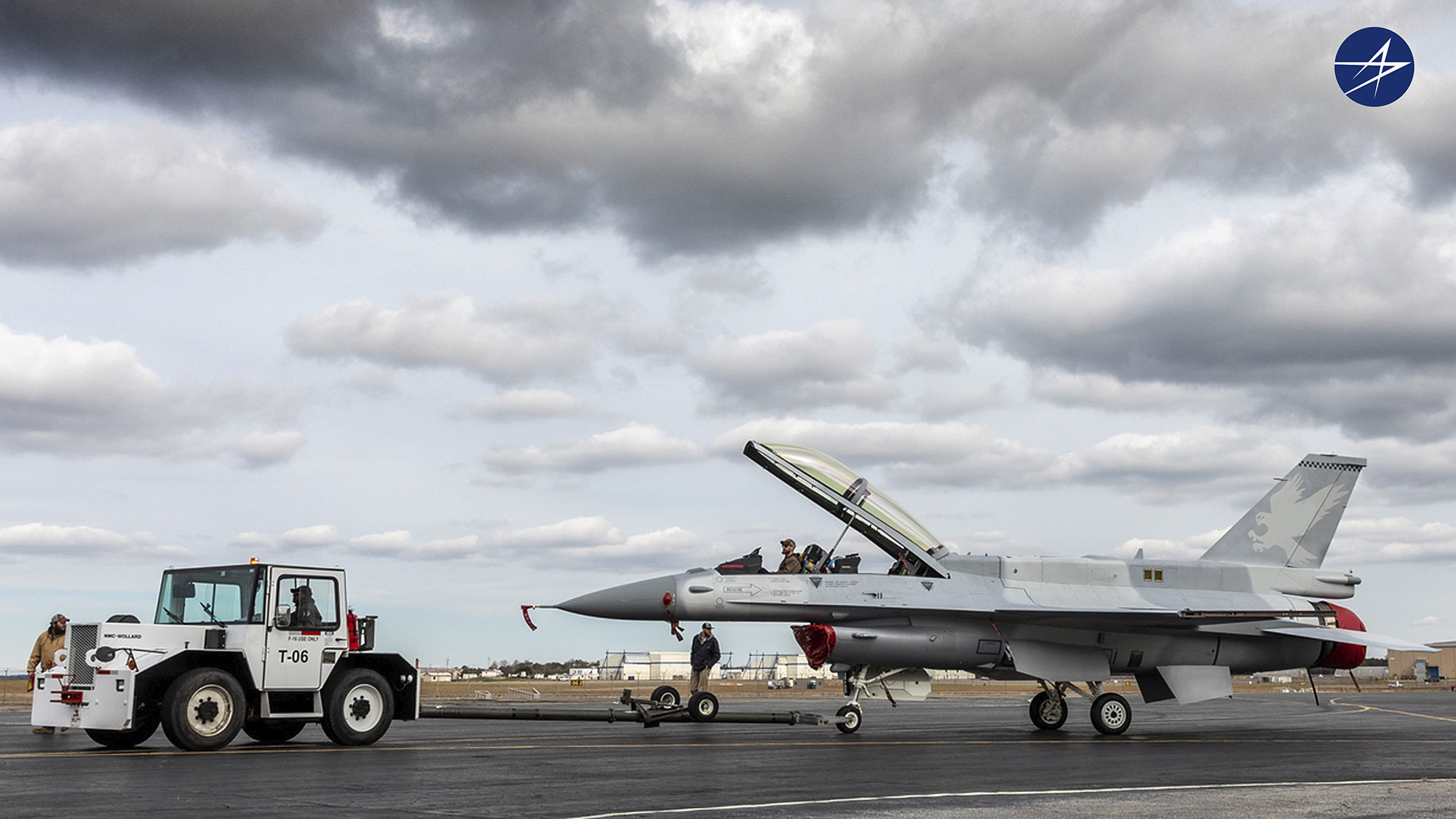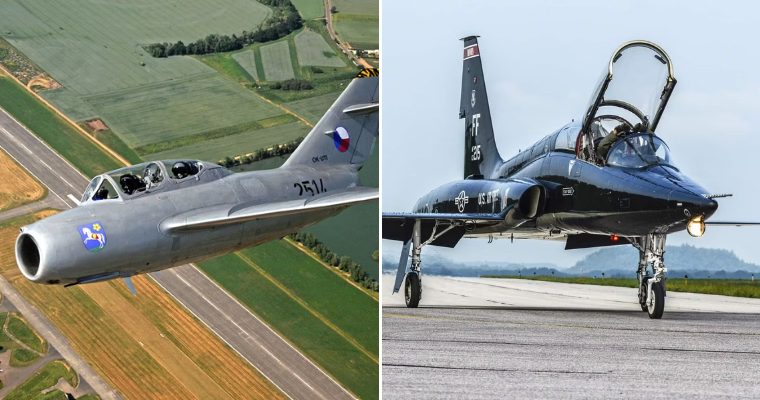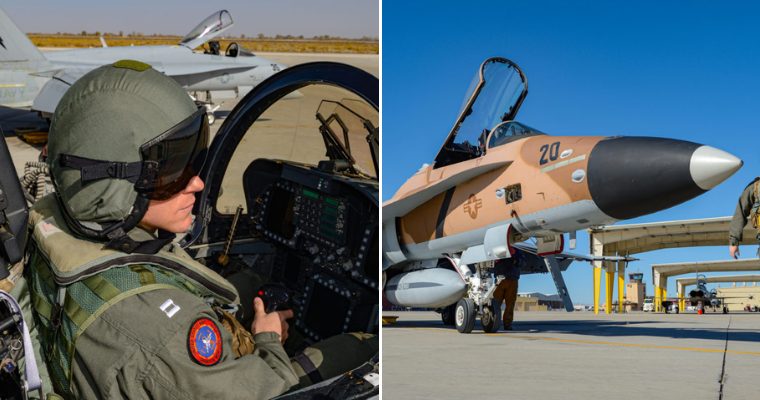
Lockheed Martin rolled out the first F-16 Block 70/72 aircraft this week from its Greenville, South Carolina, production line.
The fighter completed final assembly, checkout, and painting at Greenville on November 21 and is expected to undergo flight trials at Edwards Air Force Base, California, early next year.
The F-16 Viper is one of 16 the company is building for Bahrain as part of a $1.1-billion contract signed in 2018.
The Gulf nation is expected to receive the first batch of four Block 70/72s by the first half of 2024 and the last by 2025, Breaking Defense revealed, citing a Bahrain air force official.

The delivery has been delayed by around two years due to pandemic-related production problems, the outlet added.
128 Jets to be Built for Five NationsThe Greenville factory is geared to increase its production rate to up to four aircraft per month to cater to a demand for at least 128 F-16s through this decade, Air and Space Forces Magazine reported, citing a company spokesperson.
Five nations have ordered the aircraft, including Bahrain, Slovakia, Bulgaria, Taiwan, and an unspecified country. The backlog could swell to 136 if Jordan’s expected order of eight aircraft is included, the outlet added.

Advanced FeaturesThe Block 70/72 features a suite of “advanced avionics, proven Active Electronically Scanned Array (AESA) radar, modernized cockpit with new safety features, advanced weᴀponѕ, conformal fuel tanks, [and] an improved performance engine,” according to Lockheed.
The model’s structural service life of 12,000 hours is reportedly 50 percent more than previous versions, enabling the aircraft to fly until the 2060s.
Northrop Grumman’s APG-83 AESA radar leverages hardware and software commonality with F-22 and F-35 AESA radars, providing the aircraft with “fifth generation fighter radar capabilities,” Lockheed claims. The company explained that the radar gives the fighter greater situational awareness, flexibility, and faster all-weather targeting capabilities.
Moreover, the radar is linked with a new active and passive internal electronic warfare system (Viper Shield), incorporating a new digital radar warning receiver.

Source: us1.on58.net








